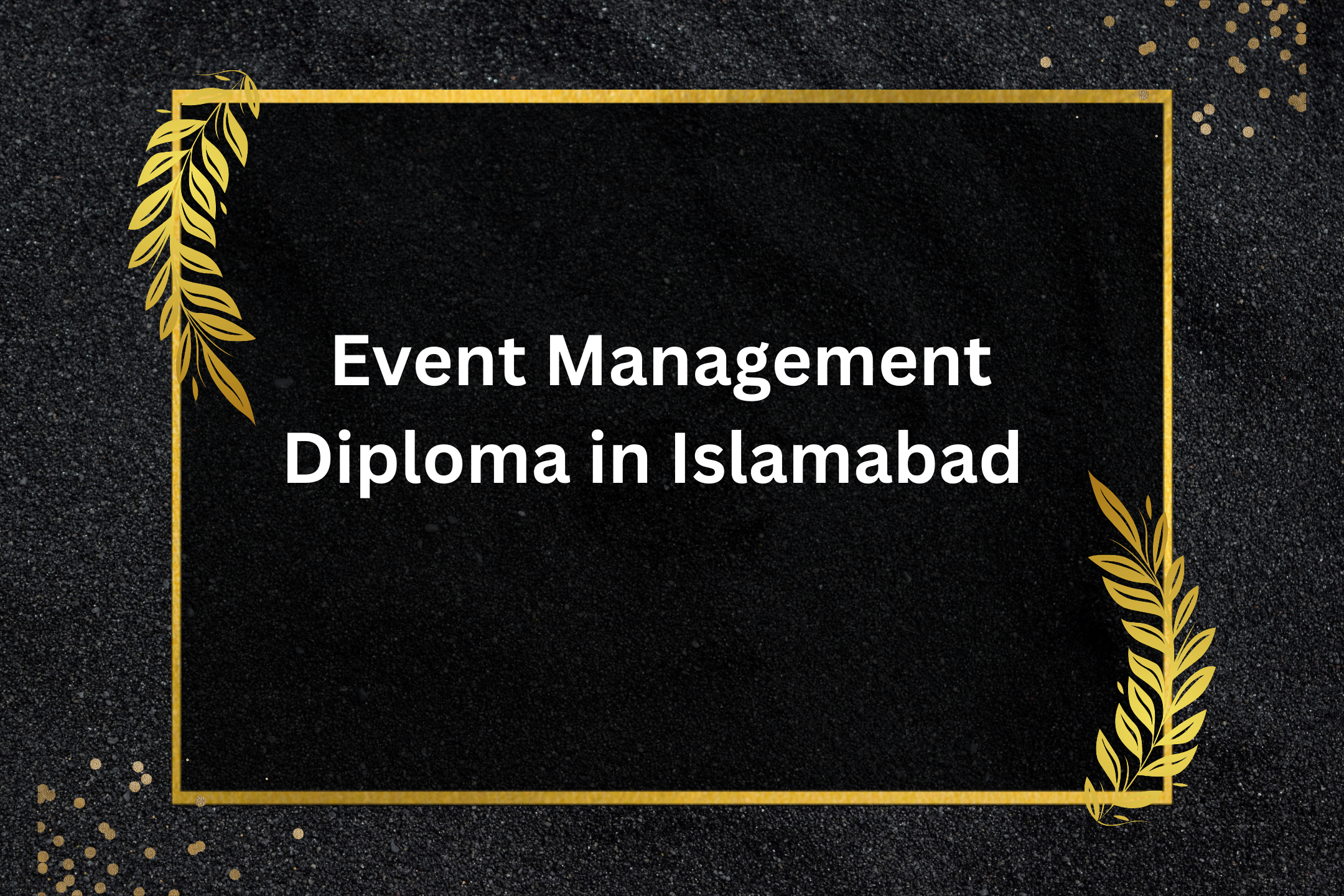Title: Exploring Event Management Education in Pakistan: Opportunities and Challenges
In the vibrant realm of event management, Pakistan holds immense potential. From extravagant weddings to corporate conferences, the demand for skilled event planners and managers is ever-growing. However, when it comes to formal education in this field, Pakistan faces a notable gap. Unlike many other countries where event management courses are part of academic curriculums, Pakistan still lacks mature organizations offering structured programs.
Currently, the primary pathway to enter the event management arena in Pakistan is through internships. These internships, particularly with well-reputed companies, serve as invaluable learning experiences for aspiring event planners. One such organization providing these opportunities is MassComm Solutions.
MassComm Solutions stands out by offering both paid and unpaid internships, accommodating individuals from various financial backgrounds. What sets them apart is their commitment to providing hands-on training in the field of event management. Through these internships, participants get the chance to delve into the intricacies of organizing and executing events, gaining practical skills that are indispensable in this industry.
While internships undoubtedly offer valuable learning experiences, the absence of formal education in event management poses certain challenges. Without structured courses, individuals may lack comprehensive knowledge in key areas such as budgeting, marketing, and logistics, which are essential for successful event planning.
To address this gap, there’s a need for more organizations and educational institutions in Pakistan to step forward and introduce formal event management courses. These courses could cover a wide range of topics, including event planning principles, risk management, vendor negotiation, and post-event evaluation. By equipping students with theoretical knowledge alongside practical skills, such courses can significantly enhance the professionalism and efficacy of event managers in Pakistan.
Furthermore, collaborations between academic institutions and industry experts could enrich these courses by incorporating real-world case studies, guest lectures, and hands-on projects. This interdisciplinary approach would not only bridge the gap between theory and practice but also foster a culture of innovation and adaptability within the event management sector.
In addition to formal education, the importance of networking and continuous learning cannot be overstated in the field of event management. Platforms such as workshops, seminars, and professional associations play a crucial role in facilitating knowledge exchange and skill development among practitioners.
In conclusion, while the absence of formal event management education in Pakistan presents challenges, it also offers opportunities for growth and innovation. Organizations like MassComm Solutions are paving the way by providing valuable internships, but there’s a pressing need for more comprehensive educational initiatives. By embracing formal education, fostering industry-academia collaborations, and promoting continuous learning, Pakistan can nurture a new generation of skilled and proficient event managers who can excel on both national and international stages.

